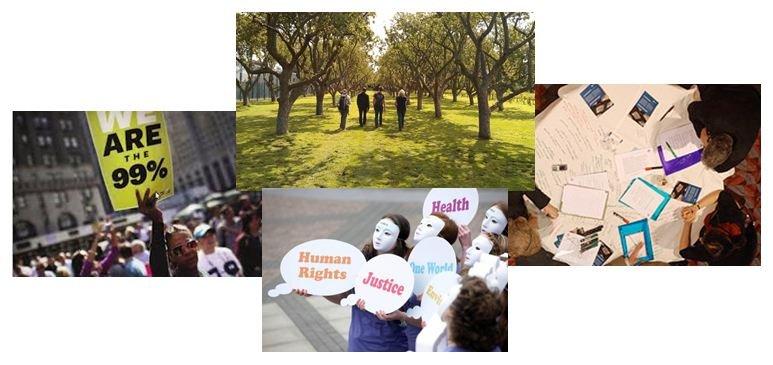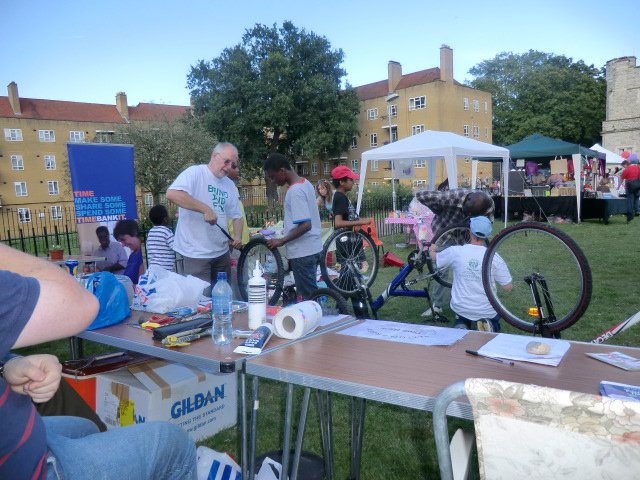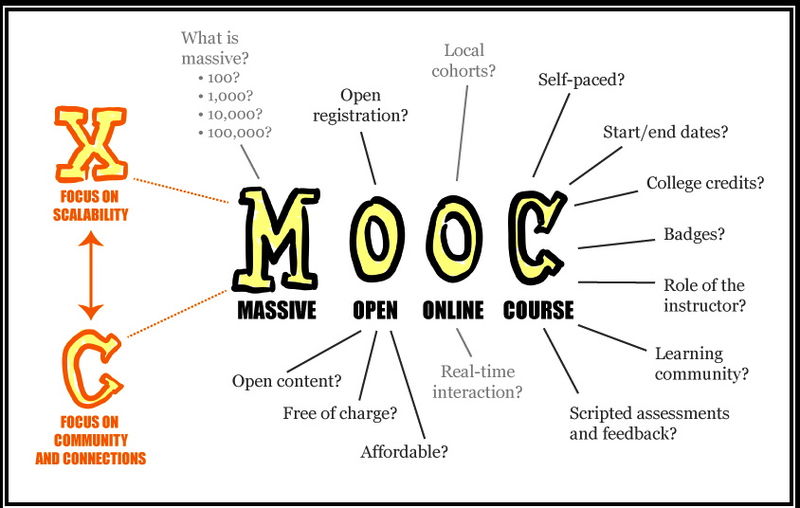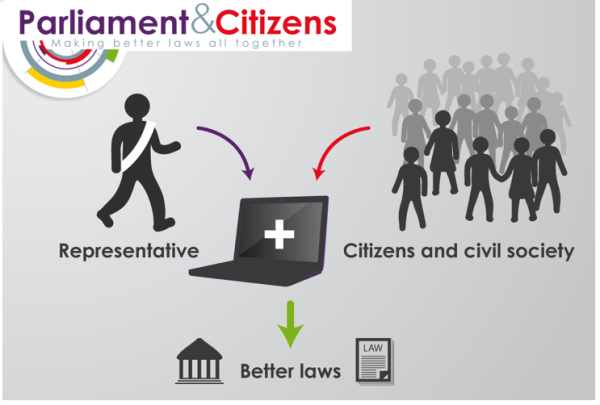Knowledge
Knowledge is a rich resource to have; it is also something that can and should be shared with others, thus opening and broadening people’s minds to new or alternative ways of thinking and acting. Regardless of working background, age or ethnicity, it must be recognised that everyone has a piece of knowledge or skill that could contribute in some way to society.
En savoir plus
Unfortunately, many aspects of modern Europe would appear to reject this notion, leaving many groups and individuals (homeless, migrants, young & elderly) feeling stigmatised or useless. The feeling of “belonging” is crucial to the well-being of a person; appreciating and putting to use that person’s knowledge or skill is one way in which he/she can feel a part of something.
This is exactly what the actions described below seek to achieve. Creating a means for “mutual learning and exchange”, whereby people in a community (on or offline) or neighbourhood can share knowledge, skills and practices, gives rise to increased opportunities for social inclusion, empathy building and improved well-being.
The power of knowledge cannot be underestimated.
 Pictures by The London Orchard Project, Alter Summit, Young Social Innovators
Pictures by The London Orchard Project, Alter Summit, Young Social Innovators
Below are listed examples of actions (in orange) and policies (in green) collected with regard to Knowledge.
Education
The role of Education is central to a person's development and well-being, particularly in childhood. Education provides the means to expand knowledge, learn valuable life skills, interact with others (peers, teachers, etc.) and much more besides. Despite governments continuing to stress the importance of quality education, many Europeans either do not have access to it or cannot afford it.
En savoir plus
UNESCO stipulates that "Education should be a means to empower children and adults alike to become active participants in the transformation of their societies." It also underlines the fact that learning should focus on the values, attitudes and behaviours which enable individuals to learn to live together in a world characterised by diversity and pluralism. The examples below are evidence of alternative ways in which civil society and other associations, with or without the help of public authorities, are doing just this.
Use of shared spaces - public/private
Building awareness
ALL examples of actions and policies
- Please note: ACTIONS (in orange) and POLICIES (in green)
Auteur : Lorna Muddiman -
Publié le : 2013-06-12 07:54 -

|
Totally Locally is a free, bottom-up campaign for any town or village to use in order to make people aware of the independent shops and smaller businesses in their local communities.
|
Auteur : Philippe Granger/Lorna Muddiman -
Publié le : 2013-06-04 07:39 -

|
Bring & Fix events are intergenerational community fairs where people share their skills and knowledge freely with each other to 'fix' problems (material and non-material), recycle and reduce waste. The aim is to stimulate sustainability and contribute towards generating resilient and empowered communities in the locality.
|
Auteur : Louise Hain -
Publié le : 2013-05-27 14:10 -

|
MOOCs (Massive Open Online Courses) are free non-degree online courses with open unlimited global enrollment to anyone who desires to learn, and regardless of their current educational level.
|
Auteur : Lorna Muddiman -
Publié le : 2013-05-21 08:15 -

|
Time Banking is a community development tool and works by facilitating the exchange of skills and experience within a community. The Rushey Green Time Bank's vision is to achieve a cohesive community in the Rushey Green area, where neighbours know neighbours and can rely on each other for help and support. Where people of different ages, cultures, backgrounds and abilities interact with each other on an equal footing and with mutual respect and understanding.
|
Auteur : Lorna Muddiman -
Publié le : 2013-05-17 08:54 -

|
There are many financial, social and business-related reasons to join a co-working space. First, it is a means to promote flexibility and lower operating costs. Second, being surrounded by other independent workers with different skill-sets, networks and creative projects incubates creativity, innovation and meaningful business and social relationships. Third, it can decrease feelings of isolation often experienced by freelancers/small business owners as well as increase a sense of community and trust amongst peers.
|
Auteur : Anne-Iris Romens -
Publié le : 2013-05-16 09:02 -

|
Young Social Innovator's mission is to raise social awareness in Ireland by providing social awareness education through action and platforms for young people and those guiding them.
|
Auteur : Lorna Muddiman -
Publié le : 2013-05-16 08:55 -

|
AEGEE (Association des Etats Généraux des Etudiants de l’Europe/European Students’ Forum) - a student organisation that promotes cooperation, communication and integration amongst young people in Europe.
|
Auteur : Lorna Muddiman -
Publié le : 2013-05-16 08:50 -

|
A global movement of young people, made up of regional/national networks, who want to lead a life based on spiritual values: “starting with ourselves, we want to help in generating a future of hope, peace and social engagement while maintaining an awareness of universal spiritual principles”.
|
Auteur : Louise Hain -
Publié le : 2013-05-13 07:29 -

|
Parliament & Citizens (Parlement et Citoyens) is a transparency and collaboration tool that allows representatives to involve citizens in drafting their bills. The platform proposes a new way for citizens to take part in the legislative process by co-designing laws.
|
Challenges
Aucun article.
Contribute an action to the theme
Contribute a Challenge to this theme
Click here to contribute a challenge
Pictures by The London Orchard Project, Alter Summit, Young Social Innovators


